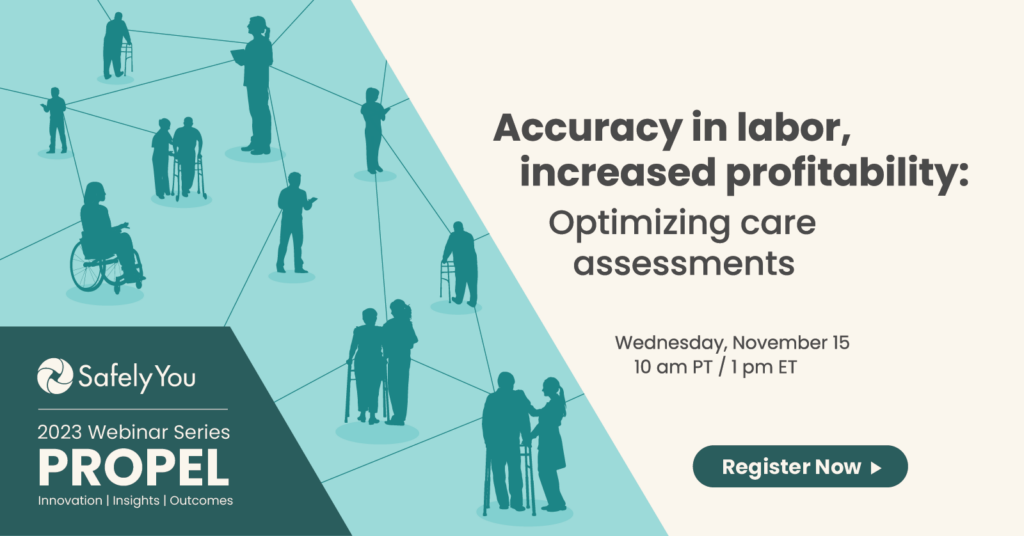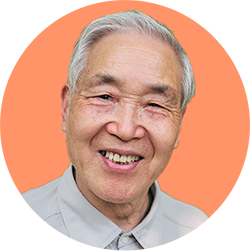In a recent whitepaper, we highlighted the advantages of implementing a resident-rounding program in senior housing and memory care communities. From improving resident satisfaction and boosting staff morale to bolstering a fall prevention program, the benefits are numerous.
Let’s now dig deeper into the person-centered care aspect of resident rounding and explore how it can improve the quality of life for all residents, including adults living with Alzheimer’s and dementia. In addition, direct-care staff can become more engaged and empowered by using what we like to call the SAFER approach to reduce resident falls.
Improve Your Fall Prevention Program
Direct-care staff can be more responsive to residents’ needs with a scheduled rounding program. Instead of being interrupted and pulled away from a resident, staff can truly focus on a resident and spend more one-on-one time attending directly to a resident’s needs and learning about their desires and preferences.
This also is the perfect opportunity to integrate fall prevention best practices into your program. Staff can leverage the following SAFER proactive approach to provide individualized care:
Scan for safety hazards: Declutter the environment so there are clear pathways; ensure a resident is wearing proper clothing and appropriate footwear, confirm a fall mat is in place if needed
Address unmet needs: Do restroom check, offer to get a resident something to drink, and provide an activity of interest to keep a resident occupied and entertained
Foresee resident action: Place often used items, such glasses and remote, within reach; ensure mobility aid is in the proper position.
Evaluate the round: Review the round and confirm that all issues were reviewed, and all fall prevention measures were put in place before leaving a resident alone.
Repeat: Schedule rounds consistently and repeat this process throughout a shift to ensure residents are comfortable and safe.
A real-life example clearly illustrates the benefits of using the SAFER approach during rounding. A resident living in a senior housing community in Northern California was restless at night and was falling as she tried to get up on her own in a dark room. When the staff began rounding, they frequently found her napping during the afternoon, so they started keeping the resident out of her room and engaging in social activities throughout the day. She began sleeping better at night and hasn’t fallen in six weeks.
Boost Staff Satisfaction and Morale
Staff can be more responsive to residents’ needs with a scheduled rounding program. Instead of being interrupted and pulled away from a resident, the direct-care staff can truly focus on a resident and give them their undivided attention. It also is more efficient since the staff isn’t constantly running around providing reactive care instead of proactive care
Having more control of their time during a shift is very liberating and empowering for staff. And seeing patients have better outcomes due to the personalized care they are receiving can be fulfilling and improve morale for the entire care team.
Learn More
SafelyYou can help you implement an effective fall prevention program. To learn the latest tips about implementing the SAFER proactive approach to health care in your community, please contact SafelyYou at [email protected].






